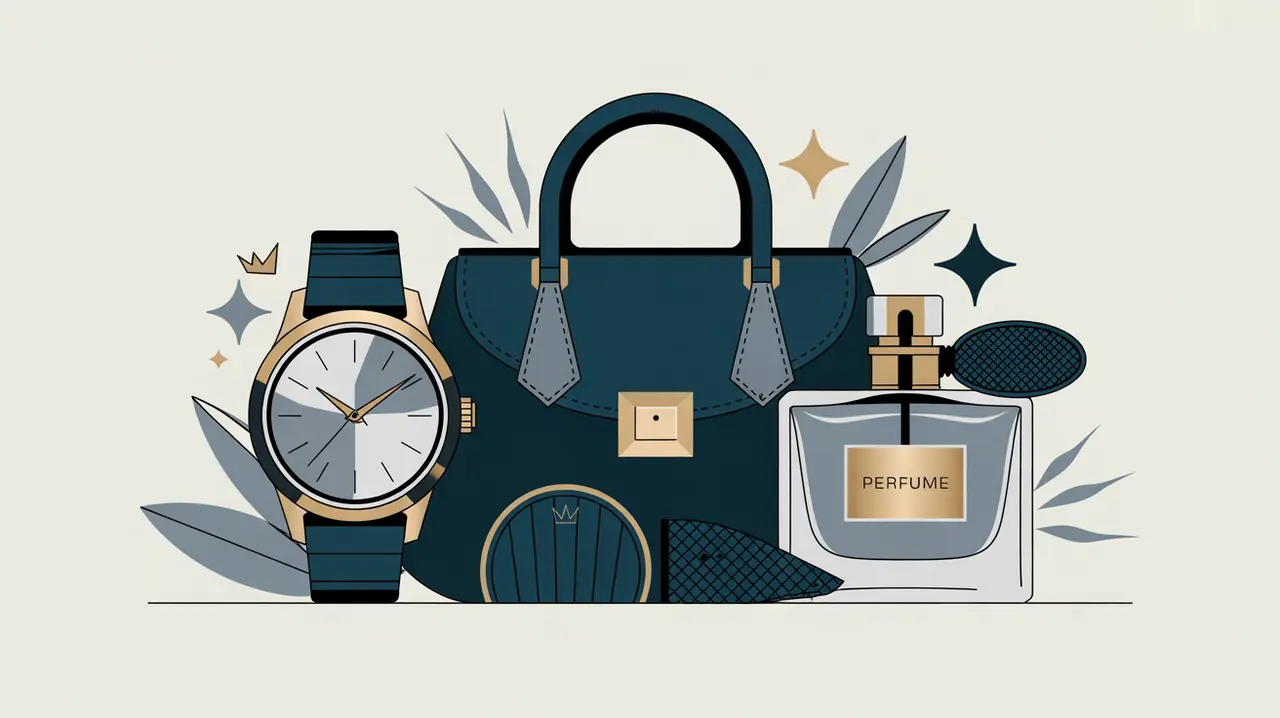Importance of Luxury Goods
Luxury goods are a significant part of global trade, shaping consumer trends, cultural identity, and economic activity. In international development, the luxury sector contributes to employment, tourism, and export revenues, while also raising questions about inequality, sustainability, and ethical sourcing. For nonprofits and social innovators, luxury goods matter because their production often intersects with labor rights, environmental impacts, and community livelihoods in sectors such as fashion, jewelry, and fine crafts. Their importance lies in balancing economic opportunity with social and environmental responsibility.
Definition and Features
Luxury goods refer to high-end products that are valued for quality, exclusivity, and brand prestige rather than necessity. Their defining features include:
- Exclusivity: limited availability or high price that signals status.
- Craftsmanship and Quality: superior materials, design, and production standards.
- Cultural and Symbolic Value: associated with heritage, identity, and aspiration.
- Economic Impact: strong contributions to exports, retail, and service industries.
How this Works in Practice
In practice, luxury goods range from fashion and jewelry to automobiles, watches, and fine wines. They are produced by global brands as well as artisanal enterprises serving niche markets. For example, the diamond and gold industries employ millions globally but are also linked to conflict minerals and environmental damage. NGOs often advocate for fair labor practices, sustainable sourcing, and certification schemes such as Fair Trade or the Kimberley Process. Challenges include overconsumption, environmental impact, and exclusion of local artisans from global markets.
Implications for Social Innovation
Luxury goods have implications for social innovation because they highlight the tension between exclusivity and inclusivity. Innovations such as ethical fashion, sustainable jewelry, and community-linked luxury tourism demonstrate ways to align prestige with responsibility. For proximate actors, inclusive models can transform luxury production into sources of livelihood and cultural preservation. Luxury goods are an influential sector that must evolve toward greater sustainability and equity in global value chains.







